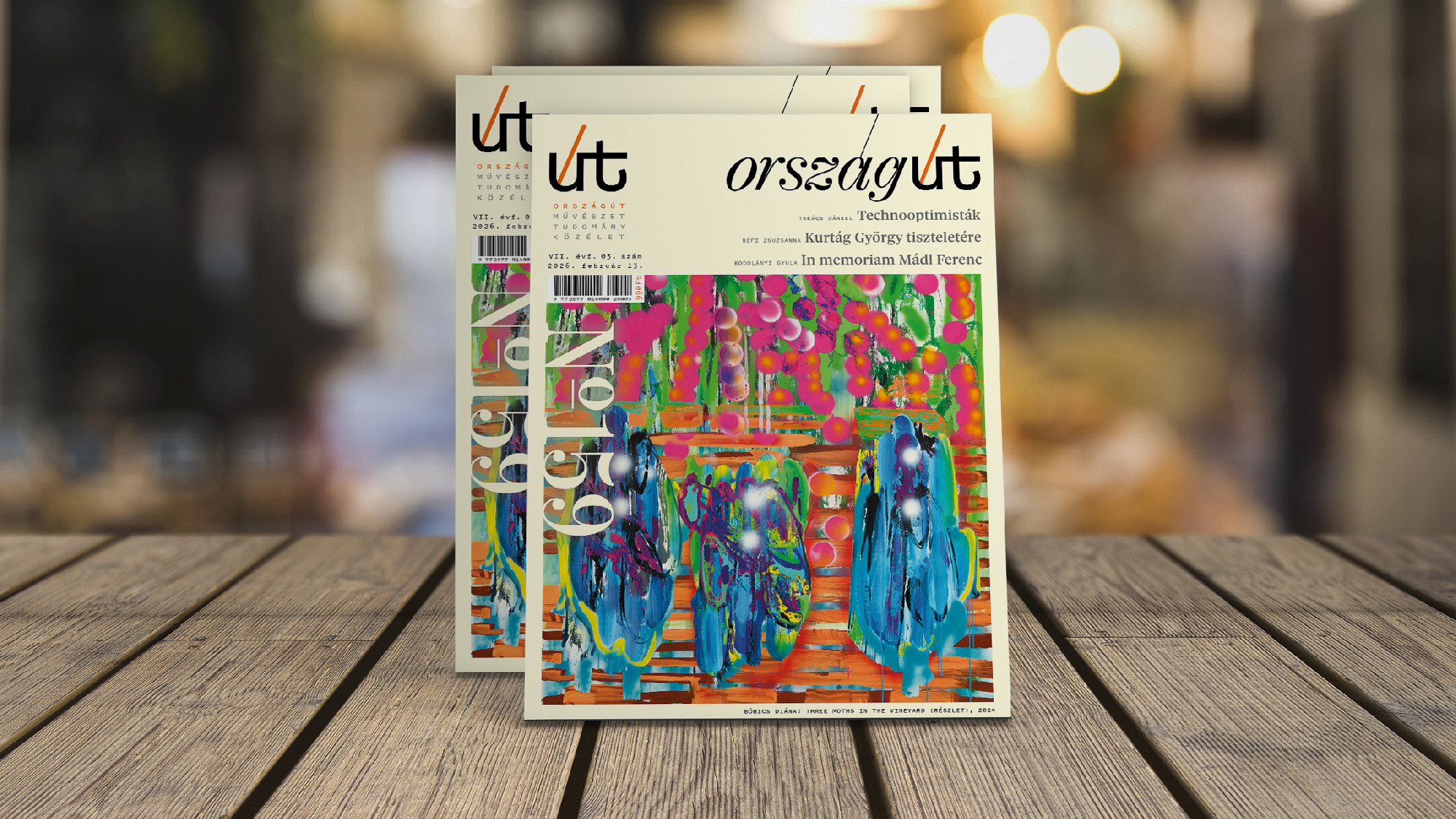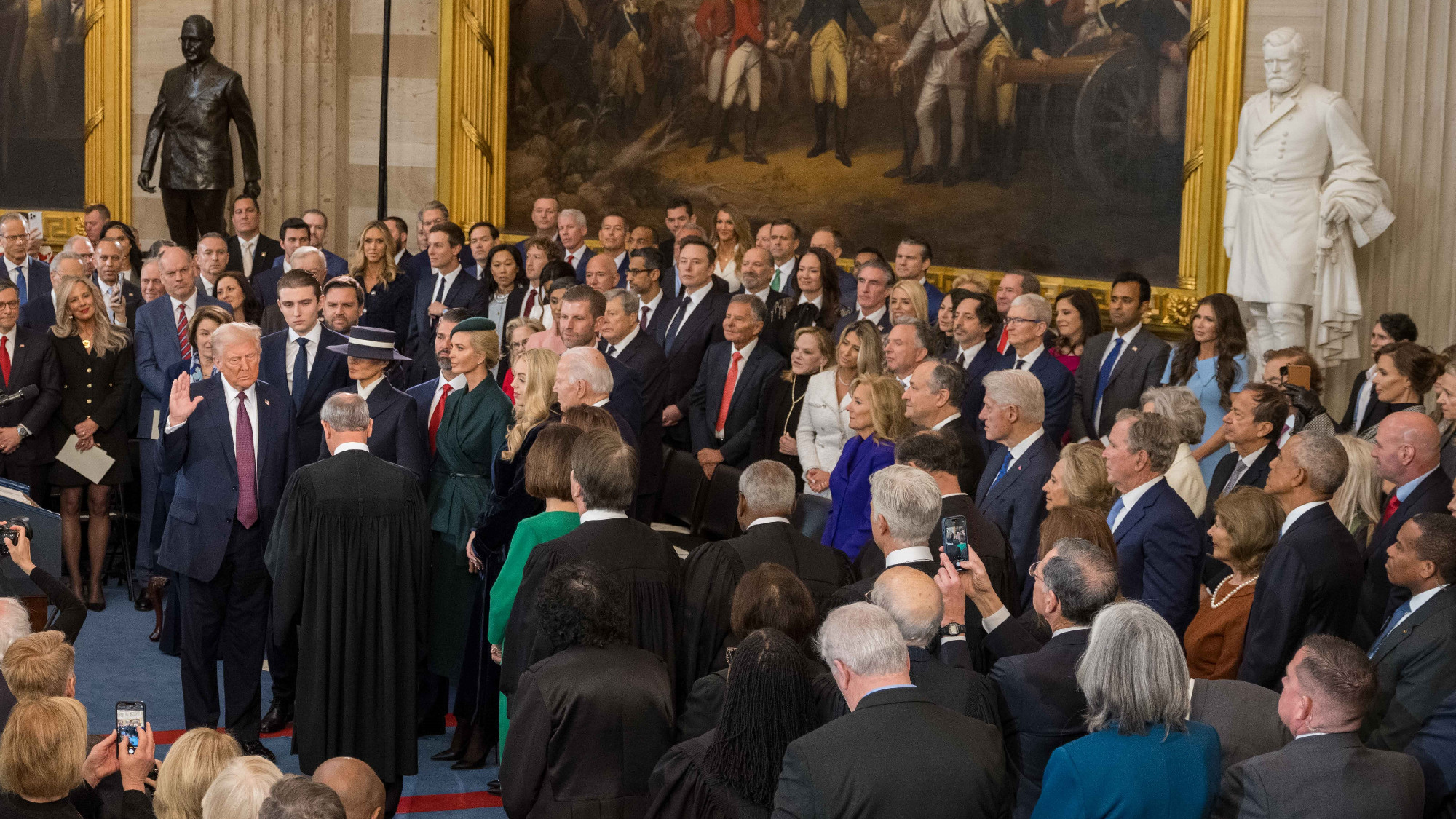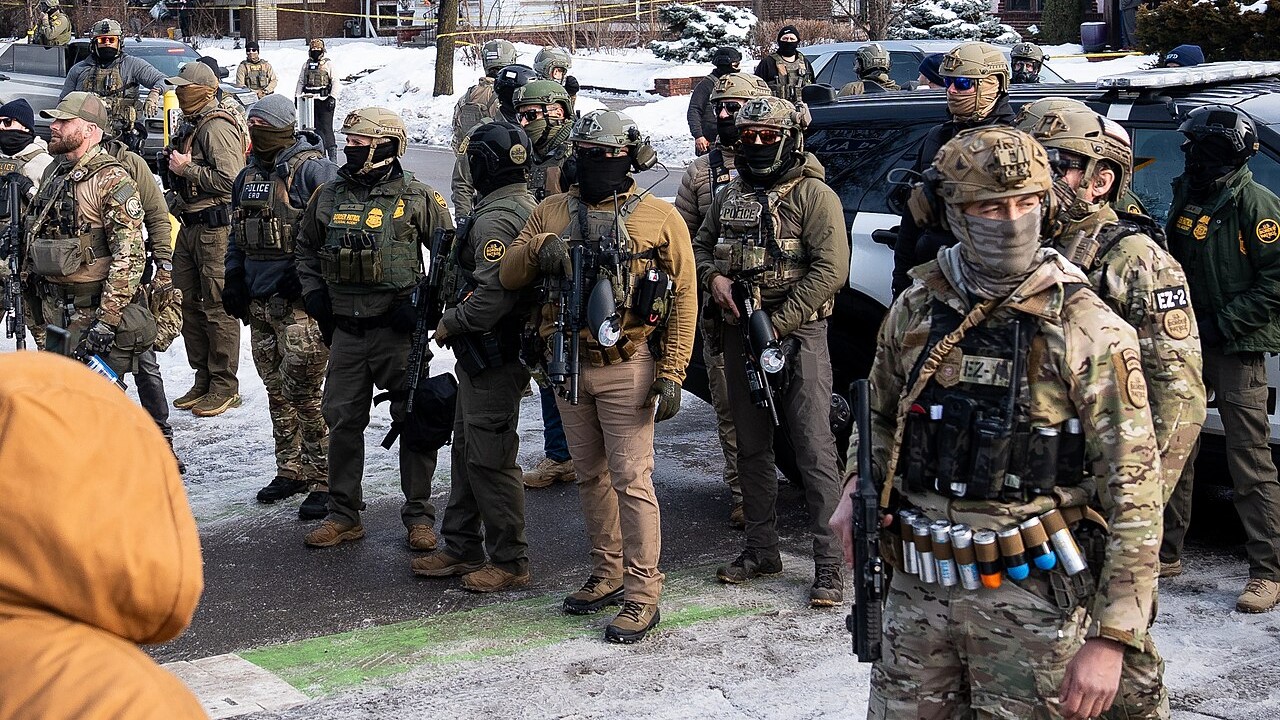Turkey’s main interest is to see neighbouring Syria stable and retain its territorial integrity. Libya amply demonstrated that the overthrow of decades-long authoritarian rule does not in itself create stability and a functioning state. Ankara therefore wants to avoid a renewal of armed conflict in Syria in the short to medium term, as this would have a number of unintended consequences, such as triggering a new wave of refugees and the infiltration of extremists.
Indirect Support
The international community is cautiously optimistic about the functioning of Hay’at Tahrir al-Sham (HTS), the organization that took over from Assad, but it is not yet clear how it will lead Syria, or how the relationship between the various Syrian power groups will evolve. There are indications that Ankara was also surprised by the rapid collapse of the Assad regime, and had not necessarily been driven by this in its indirect support for the offensive but had rather wanted to put pressure on the Damascus leadership. It will therefore assess the transition of power in Syria in terms of the contribution of the new leadership to the stability of the country.
The Syrian National Army
If the new leadership succeeds in stabilizing Syria—should any significant results be achieved in the country’s disastrous economic situation—the next question is what will Ankara’s relationship with the new Syrian leadership be? The HTS is not Turkey’s primary ally in Syria. The extremist Islamist group, which grew out of al-Qaeda, had been declared a terrorist organization by Ankara in 2018. If only for this reason, it had not directly supported the HTS, and has no control over it. However, its starting position is not bad for developing a pragmatic relationship with the HTS even if it follows its activities from a cautious distance. Moreover, it is not yet clear how the relationship between the HTS in Damascus and the main Turkish-backed Syrian opposition force, the Syrian National Army (SNH), which controls the Syrian side of the Turkish-Syrian border, will develop. Turkey is essentially physically present in Syria via the SNH, making the group a key element in Turkish strategy.
Refugees
From a Turkish perspective, there are two other key factors determining success or failure: how the refugee issue and the Kurdish situation evolve. There are still around three million registered Syrian refugees in Turkey, whose presence is causing increasing social tension. The return of refugees would be a huge political success for Recep Tayyip Erdoğan. How and on what scale this could be achieved is another question, as most of them do not want to return to Syria.
Kurdish Aspirations, Terrorists
More important for Ankara, however, is the Kurdish question, which from time to time overlaps with the question of terrorism. Ankara’s strategic objective is to prevent Kurdish autonomy in Syria, which it fears could embolden the fifteen to eighteen million Kurds in Turkey and potentially bring them closer to the creation of an independent Kurdistan, which Turkey sees as an existential threat. Simultaneously, Turkey’s “war on terror” is being waged to clear the Syrian side of the Turkish-Syrian border of the forces of the Democratic Union Party (DUP) and its armed wing, the People’s Defence Units (YPG). The DUP/YPG is regarded by the Turkish as the Syrian branch of the Kurdistan Workers’ Party (PKK), which is registered as a terrorist organization in the West too, and has carried out numerous attacks in Turkey since the 1980s. Ankara stresses that it does not deem the Kurds to be the enemy, but the DUP/YPG, which it considers to be oppressing both Kurds and Arabs living under its authority. In order to create a “security corridor” (essentially a buffer zone) along the border, the Turkish armed forces carried out three military interventions in Syria between 2016 and 2019. And as part of the current military operations, in early December, the SNH, with Turkish support, captured Tell Rifaat and Manbij, pushing back DUP forces across the Euphrates.

Kurdish inhabited area in CIA map (1992), University of Texas, Austin
Support for Kurds
Turkish Foreign Minister Hakan Fidan said on 13 December that Turkey was waiting for Syria’s new “sovereign national government” to regain control over the country’s territory and “neutralize” the threat posed by the DUP/YPG. At the same time, he made Turkey’s position on the DUP clear: “Either they dissolve themselves or they will be dissolved.” But so far, this has been hampered mainly by the presence of the United States. The US has around 900 troops stationed in the Kurdish-held areas in Syria. Ankara hopes to reach an agreement with the incoming Trump administration on the withdrawal of the US contingent. If that happens, there seems little to stop the Turks from taking full control of the security corridor and pushing the Kurds back from the Turkish border.
Yet, the Embassy has Reopened
Overall, Turkey is cautiously optimistic about the situation in Syria, and with good reason. President Erdoğan welcomed the fall of Assad and stressed that Turkey is on the side of the Syrian people. On 14 December, the Turkish embassy in Damascus was reopened after twelve years. The return of refugees is one step closer, and Turkey stands to benefit financially from the reconstruction of Syria. It has also managed to gain control of some other Kurdish towns. The withdrawal of Russia and Iran from Syria is also a positive development, strengthening Turkey’s position as a regional power. However, the situation of the Kurds remains open. Israel’s seizure of Syrian territory has been condemned by Ankara, but the move in itself does not directly threaten Turkish interests—unless Israel decided to openly support the Kurds. Of course, the worry about Syria’s future is on everyone’s mind: all it takes is one spark, and we could find ourselves back where we were ten years ago.
The author is a security expert and Turkologist fellow at the John Lukacs Institute of the Ludovika University, Budapest
Cover photo: Turkey supported Syrian rebels exercise near Aleppo in 2023 (Jahja Nemah/MTI/EPA)




